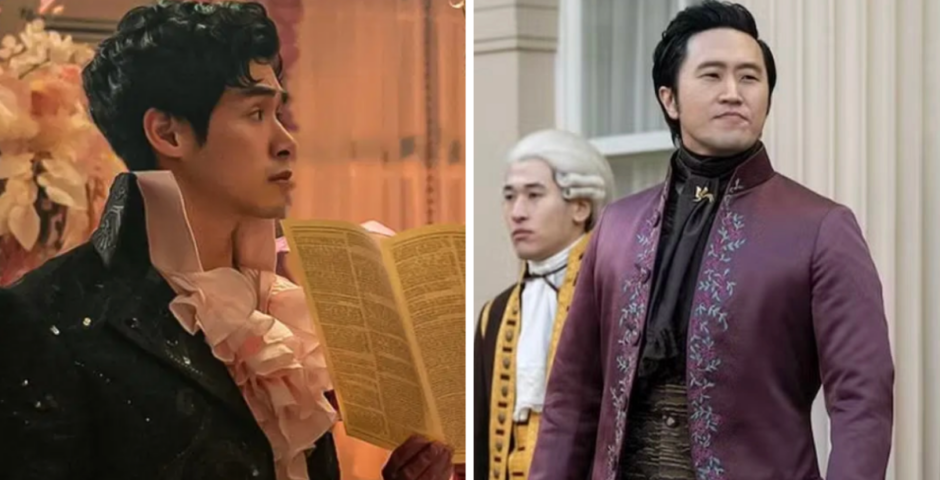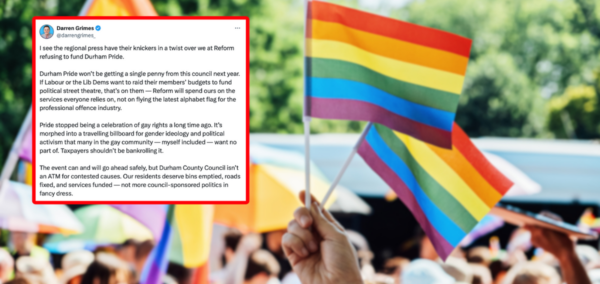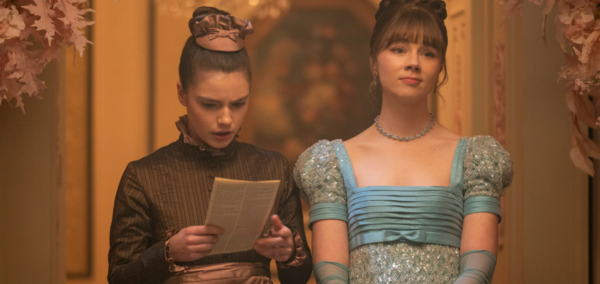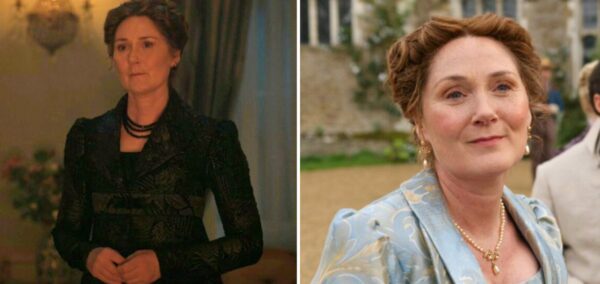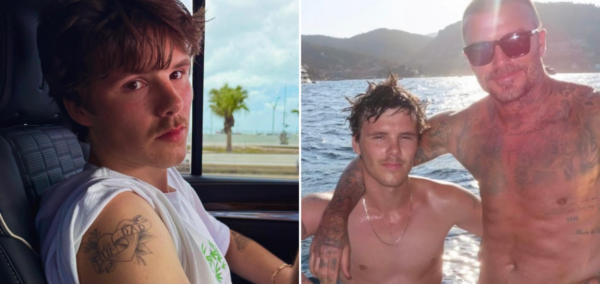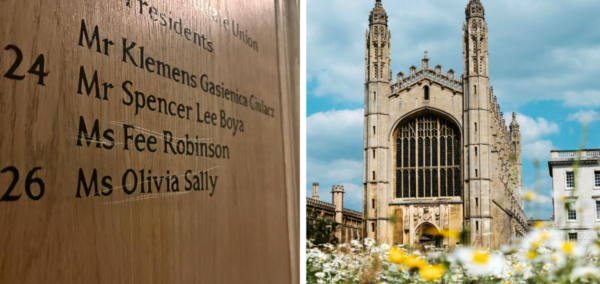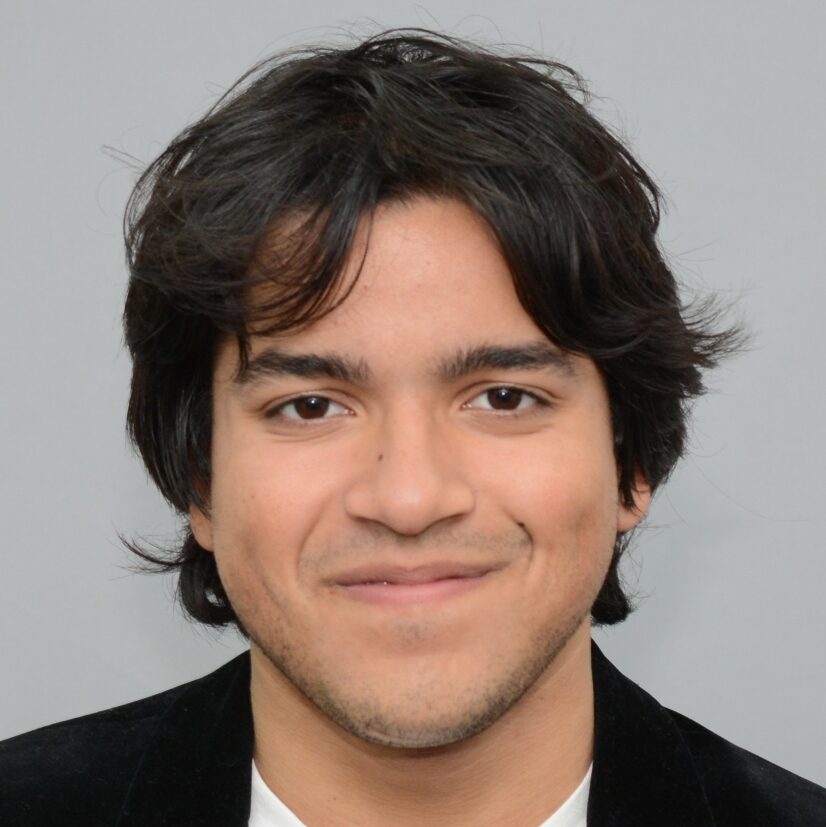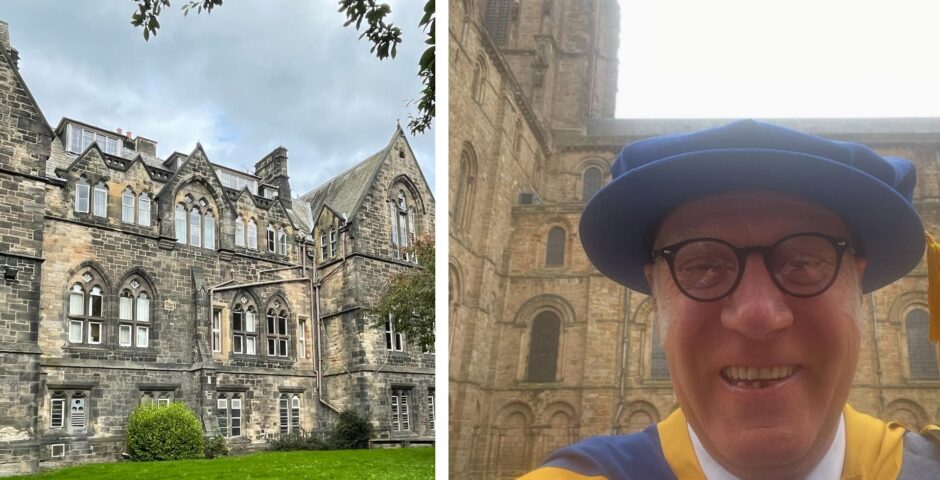
We spoke to a college principal about their role: An interview with Simon Forrest
Here’s what the principal of Hild Bede had to tell us about his role
Simon Forrest is the Principal of Hild Bede, with a background in sociology and a long-standing focus on young people’s sexual health, gender, and education. Before joining Durham’s Sociology Department in 2019, he worked in schools, led research on HIV prevention, and helped set up peer-led sex ed programmes in medical schools.
The Durham Tab spoke to Simon about what being a college principal means to him and here’s what he had to say.
What was the process of becoming a college principal like? And how did you know you wanted to do it?
What are your favourite parts about your job?
What is something people might be surprised to know about you and your role?
Simon revealed how despite being a sociology professor, he doesn’t actually have a sociology degree.
Perhaps more surprisingly, he was once a pop musician too!
The college principal spoke about just how varied his role is, with no day looking the same: “I sometimes look at my diary and follow a PhD supervision with discussing what our librarians want to do with our study spaces, perhaps attend a meeting about estates and facilities and then go to a show or performance or dinner.”
What’s something unique or surprising that students or faculty from other colleges might not know about our college?

“We are old but that history is full of radical, bold activism,” Simon said. He cited the college being the first to award Durham degrees to woman as a “socially progressive step”.
“It’s a reminder that being brave and principled is important,” he added.
What university-wide issues do you feel most passionate about, and how do you hope to influence these from your position?
If you could implement one change across the entire university, what would it be and why?
The change Simon would most want implemented is starting every conversation with the question: “”How does what we [are] discussing relate and contribute to education, research and student experience?’”
If you could swap places with any professor at Durham for a day, who would it be, and why?
What are some of your favourite stories from your time as a college principal?
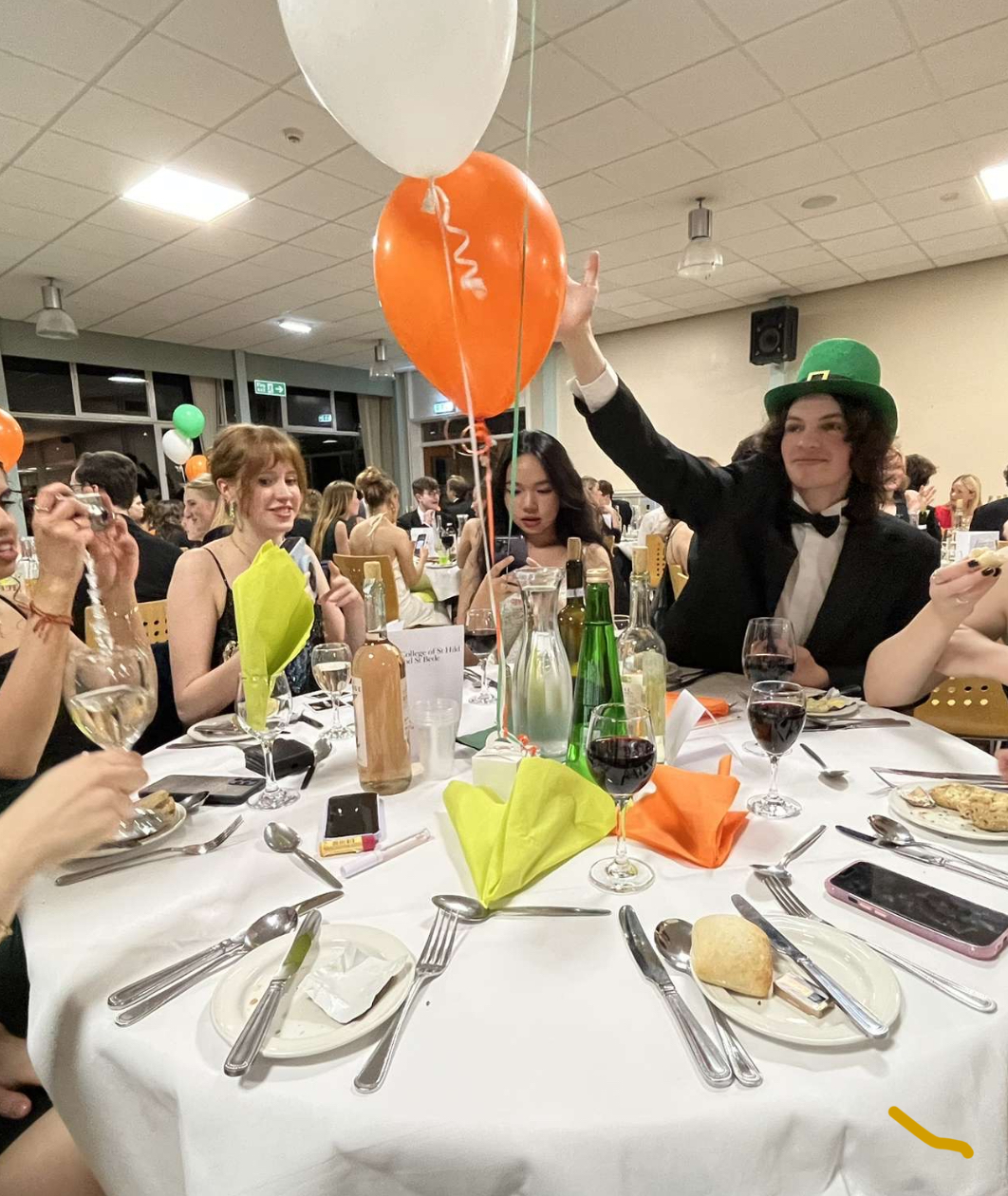
Finally, what is the one thing you wish every student, regardless of their college, understood about the university experience?
At its root, Simon said, is the notion that things will change for you in ways you can’t anticipate. He believes we should be “creating room for that to happen and revelling in it.”
Though there was an acknowledgement of how tough this can be, since Durham is a “smart place with high standards and expectations”, he outlined the importance of giving things “up to moment” every now and then and seeing where it takes you.
For more of the latest news, guides, gossip, and memes, follow The Durham Tab on Instagram, TikTok, and Facebook.


